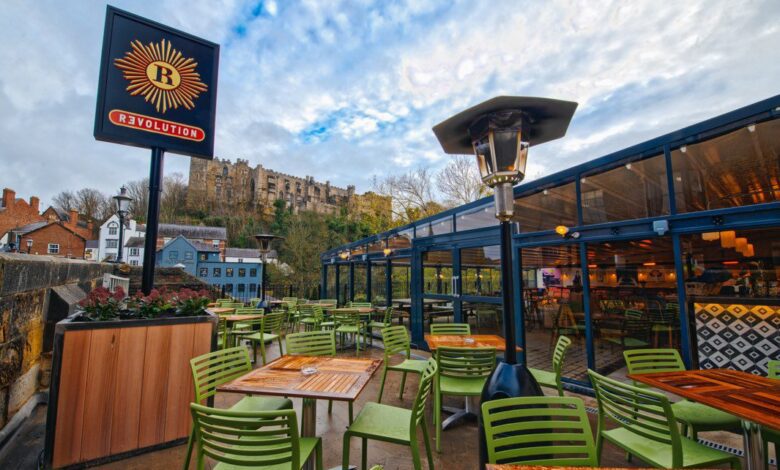The Revel Collective’s journey through four rebrands
Roy Ellis and Neil Macleod opened their first bar in Ashton-under-Lyne, Greater Manchester, in 1991 after meeting in London during the 1980s

The Revel Collective has only recently announced this latest reinvention. But this is not the first time it has happened.

